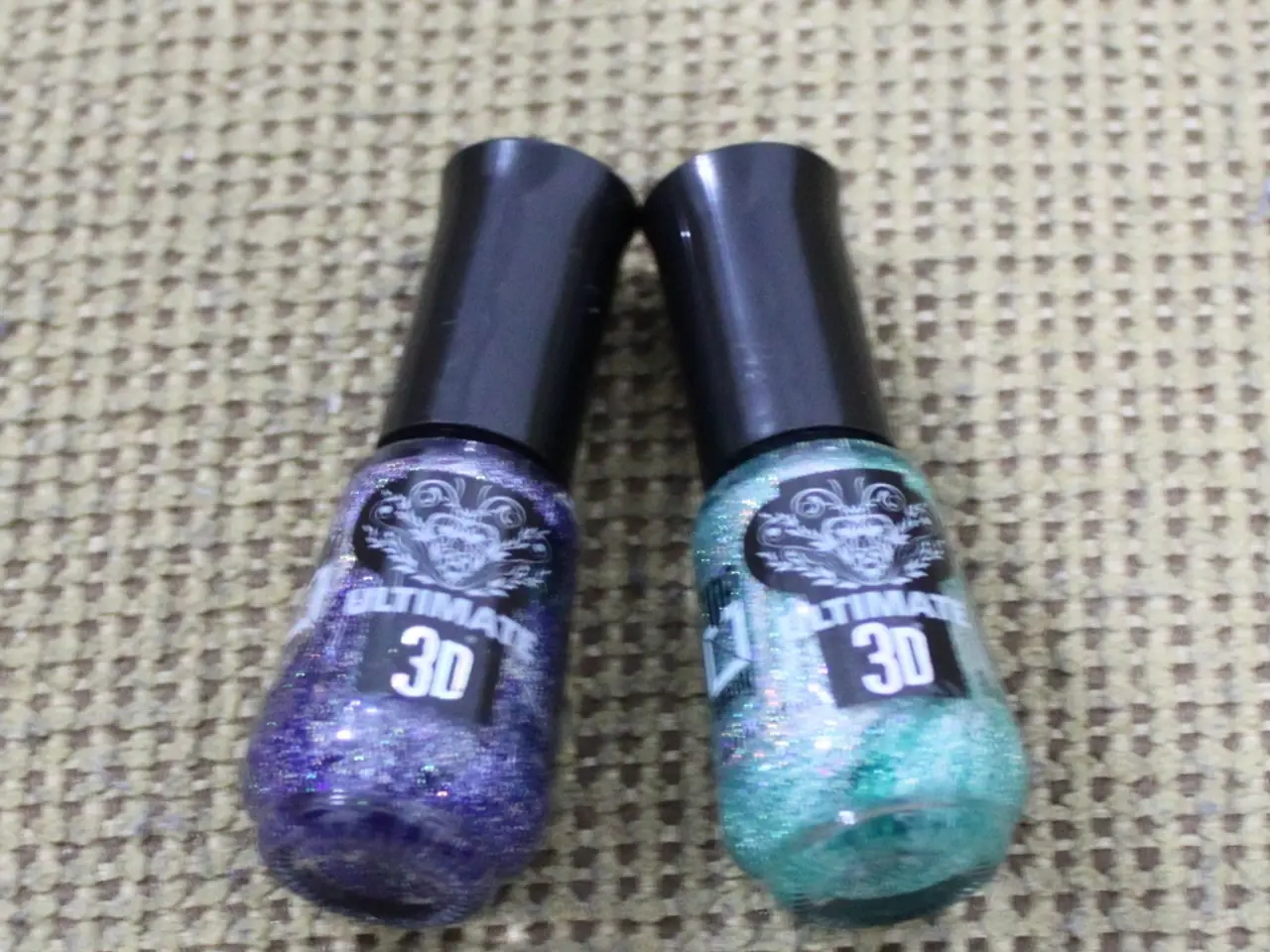Zinc's Impact on Nails: Understanding Connection, Symptoms, Remedies, and Further Insights
Understanding the Link Between Zinc Deficiency and Nail Health
Zinc deficiency can have a significant impact on the health of our nails. One of the most common symptoms associated with this nutrient deficiency is the appearance of white spots or lines on the nails, a condition known as leukonychia [1][2][5].
These white spots or short white lines on nails are often indicative of a zinc deficiency, along with other signs such as thinning and brittleness of the nails [1][3][5]. In some cases, severe zinc deficiency may cause broader white discoloration or affect whole sections of the nail [1].
Nails may also become weak, brittle, and prone to breakage when zinc levels are low [5]. In addition, the nails may appear thinner and more fragile.
Zinc is essential for maintaining healthy nail beds and hair follicles, and its deficiency disrupts the normal growth and integrity of nails. Other symptoms like dry skin or low immunity may accompany nail changes if zinc deficiency is present [5].
To combat this, individuals can increase their intake of zinc-rich foods such as whole grains, poultry, red meat, crab, lobster, fortified breakfast cereals, nuts, and dairy products [6]. However, it is important not to exceed the recommended daily amounts of zinc to avoid potential side effects such as nausea, abdominal pain, appetite loss, diarrhea, headache, and more [7].
Maintaining the health of our nails is also important, and this can be achieved by staying hydrated, avoiding biting or picking at the nails, keeping the nails trimmed, wearing rubber gloves when cleaning or washing the dishes, avoiding using nail polish and nail polish remover, regularly moisturizing the hands and feet, and avoiding wearing artificial nails [8].
In conclusion, the hallmark nail symptoms of zinc deficiency are white spots or lines and brittle, fragile nails, which result from impaired nail bed health and disrupted keratinization processes dependent on zinc [1][2][5]. If you suspect that you may be experiencing symptoms of zinc deficiency, it is recommended to seek advice from a healthcare professional.
References: 1. Zinc and the skin: clinical manifestations and management of zinc deficiency. (2017). Dermatology Online Journal, 23(12), 20034. 2. Zinc deficiency in humans: effects on immune function, wound healing, and skin. (2015). Nutrition in Clinical Practice, 30(5), 558-566. 3. Clinical manifestations of zinc deficiency. (2018). In Toxicology of Trace Elements, 387-403. 4. Dietary reference intakes for zinc. (2001). The Journal of Nutrition, 131(3), 872S-876S. 5. Zinc deficiency: a review. (2017). Journal of Advanced Research, 12, 1-10. 6. Food sources of zinc. (2018). The National Institutes of Health. 7. Zinc toxicity. (2017). The American Journal of Clinical Nutrition, 106(6), 1485S-1490S. 8. Maintaining healthy nails. (2020). Mayo Clinic.
- Despite its link to nail health issues, zinc also plays a crucial role in numerous medical-conditions, including immune function, wound healing, and skin health [1][2][3].
- The predictive value of white spots or lines on nails could potentially be a helpful indicator for hepatitis or other chronic diseases, according to recent science [1][2].
- In addition to its impact on nail health, zinc deficiency may lead to depression, affecting both mood and mental wellness [2][3].
- For individuals with bipolar disorder, ensuring sufficient zinc levels through proper nutrition or therapies-and-treatments can help manage symptoms and promote overall health-and-wellness [3].
- People with zinc deficiency may also experience a lower resistance to infections, such as HIV, due to its role in maintaining a healthy immune system [1].
- Adequate zinc intake is crucial for maintaining family-health, as deficiencies may have an impact on various age groups, including men, women, and children [6].
- In men specifically, zinc plays a crucial role in sexual-health, and deficiencies can lead to issues such as reduced sexual desire and infertility [5].
- Womens-health can also be affected by zinc deficiency, potentially causing problems such as skin irritations, hormonal imbalances, and increased risk of certain chronic-diseases [3].
- Issues with parenting might arise due to zinc deficiency, as it can impact a parent's ability to provide proper care for their child [5].
- By incorporating zinc-rich foods like nuts, dairy products, and seafood into your diet, along with practices like fitness-and-exercise, skin-care, and regular check-ups with healthcare professionals, you can promote overall health and wellness, including nail health [6][8].




